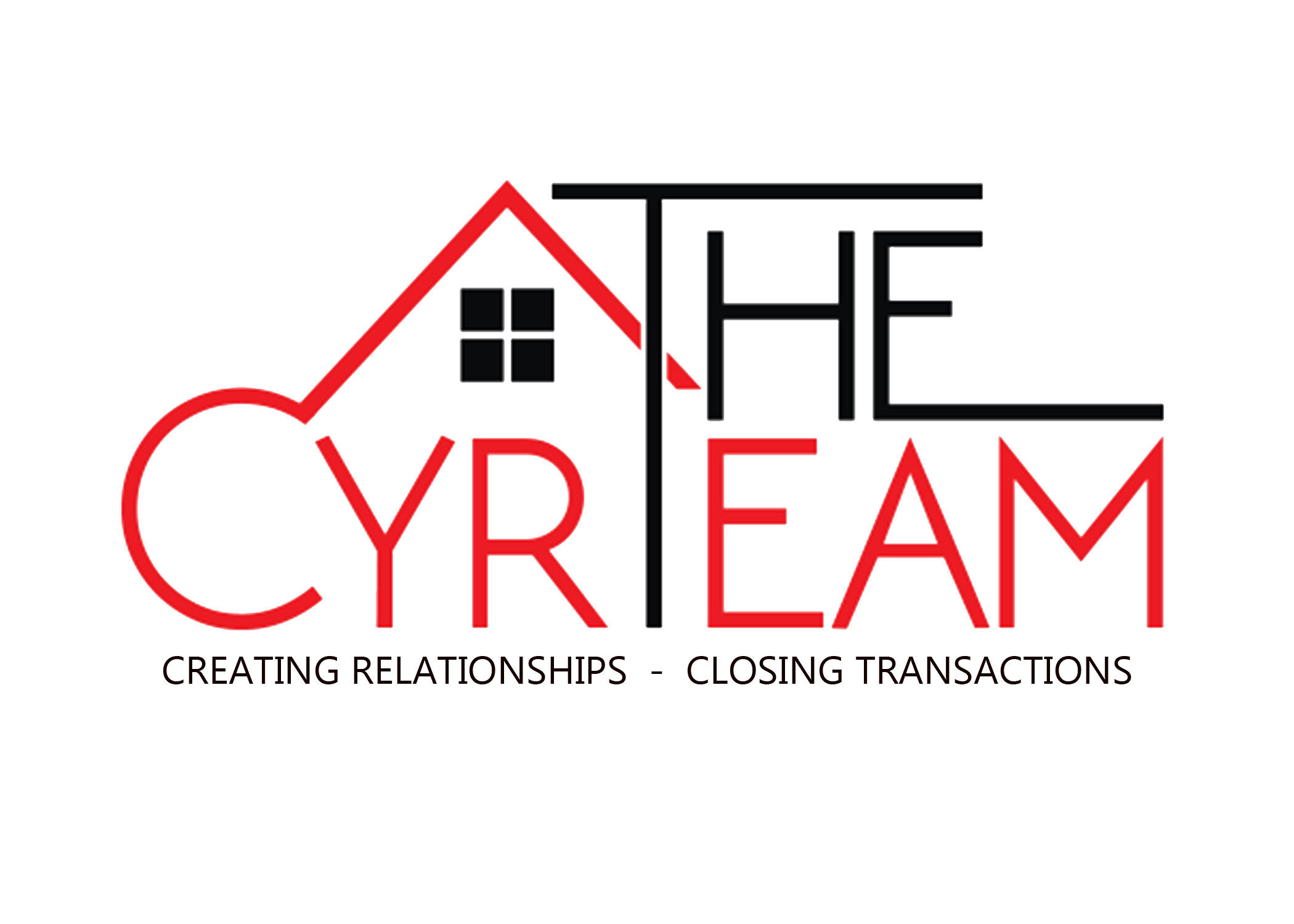We’ve been talking to many clients about inflation lately. They keep hearing about it on the news. It’s surprising how few—especially those under the age of 50—really know what inflation is and what it means to be in an inflated economy. More specifically, we like to help educate home buyers and homeowners about the effects of inflation on the real estate and mortgage markets.
What is Inflation?
In economic terms, inflation is a general rise on the price level of an economy over a period of time. As prices go up, the value of the dollar essentially goes down. Goods and services cost more and your money doesn’t go quite as far as it did before.
Inflation always goes up over time and isn’t always that noticeable. This is why many employers offer cost of living increases as part of annual raises. The raise isn’t just about rewarding you for a job well done. It is there to match inflation (at least to some extent) and help you afford the same lifestyle you did a year ago.
High Inflation Rates
However, there are times when the rate is accelerated. We’re in one of those times as the economy recovers from the pandemic. Some expert economists like those in the Federal Reserve are projecting an inflation rate of 2% or more in 2021. There is a lack of supply in some markets. Increased demand in others. In real estate, we are seeing both of these trends on extreme levels right now. Housing supply is extremely low while the demand from buyers is sky high. This is why home prices keep going up.
The good news is that mortgage rates are still at historically low levels—especially compared to where they were just 5 or 10 years ago. This has given buyers plenty of buying power because mortgage loans are cheaper to obtain. They’ve been able to keep up with the rising home prices for the time being.
How Does Inflation Affect Mortgage Rates?
Inflation generally leads to higher mortgage interest rates. History has shown that mortgage rates are higher on average during periods of high inflation compared to when the rate of inflation is relatively low. What is occurring today is that the Federal Reserve continues to purchase 10-year T-Bills, which are the underlying basis for mortgage rates. These purchases temper the effects of inflation on interest rates and keep them relatively low. Since we are not seeing a corresponding increase in interest rates (because the Federal Reserve is still believes the economy needs support), cheap money is still available to fund home purchases and keep demand high. Until we see interest rates increase, the housing market will continue to favor sellers.
Inflation and Standard of Living
The other aspect of inflation to consider is that the cost of items often increases faster than wages. Suppliers raise the prices of their raw materials as their costs increase. Manufacturers pass these on to retailers and the end consumer. There is a delay between increased prices and when a person’s wages will increase. This is actually a regressive tax as those whose incomes are lower are paying a larger percentage of their income on basic needs. This leads to a reduced standard of living over time. In other words, it costs you more money to live at the same standard as before, or you reduce your standards as you cut back on items you can no longer afford.
There is currently a lot of cash in the economy chasing too few items. The question that cannot be answered right now is whether this is temporary as a result of coming out of COVID, or if it is more systemic. Temporary will mean that prices will level out and we will get back to more stable markets. Otherwise, we will experience an economy more akin to the 70s. Time will tell.
What is Your 2021 Real Estate Plan?
Whether you are buying or selling this year, you need to have a plan. Buyers need to be prepared with a mortgage pre-approval letter and aggressive, yet smart, purchase offers. Sellers still need to properly prepare, stage and market their homes to get the best offers. You can expect a fast sale, but you have to do what you can to attract more buyers and receive the best offers. Coca-Cola still costs more than generic soda at the supermarket. That’s because of good marketing and higher demand. If you put a junky house on the market, it won’t get top dollar. That’s a straight fact.
If you are planning to buy or sell a home in Southeastern Pennsylvania or Northern Delaware, contact The Cyr Team today to schedule a private, no-obligation real estate consultation. Let us help you get more prepared and make the most of your next move!

